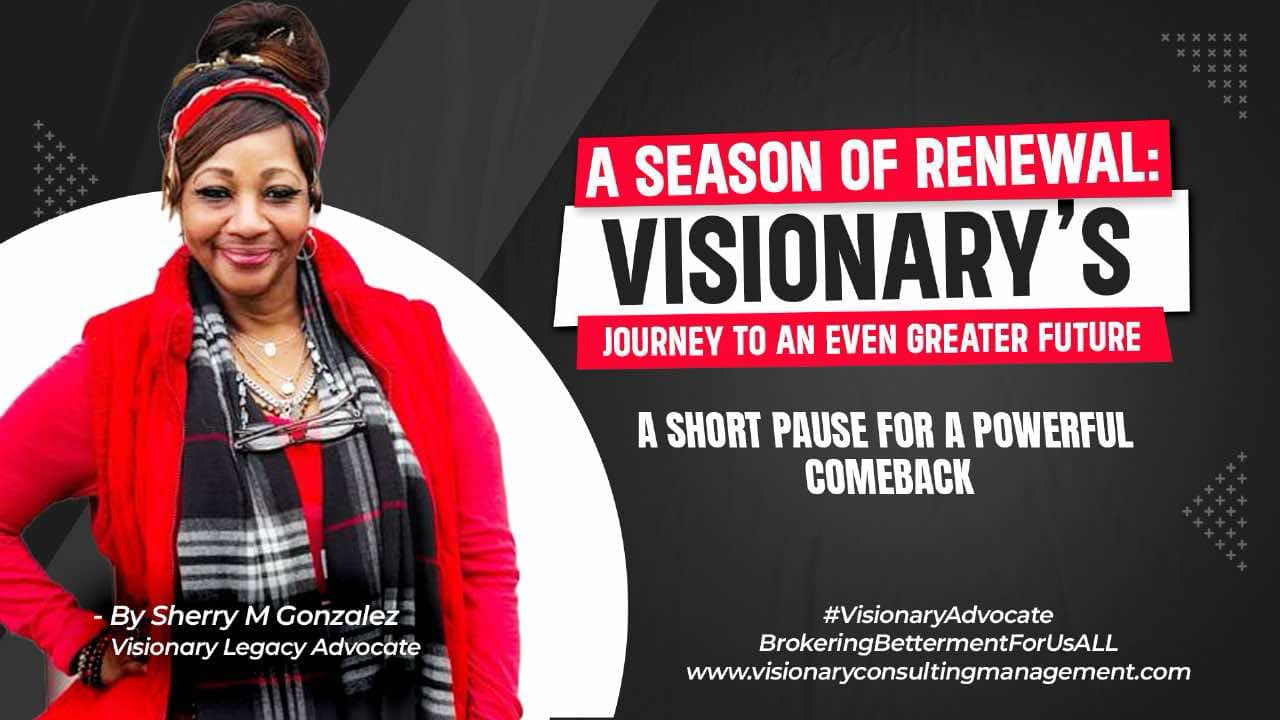
How to Save Money!
In today’s world, our lives revolve around earning money, and once we do, we struggle to manage the money we earn. Financial security is important, but it is not always possible. “Only 35% of American adults give themselves an A or B on their knowledge of personal finance,” according to the National Financial Educators Council (“What is Financial Literacy?”). As a result, it is clear that many people do not know how to manage their money. Money management is an important life skill that should be taught in high school to prepare students for their future.
Sticking to a budget, saving money, and making informed financial decisions are all important skills that will help people succeed in life and in their careers. Unfortunately, many people have little to offer in terms of wealth management. As a result, they are ill-equipped to manage their finances and make wise financial decisions. This can result in a slew of issues, such as credit card debt, loan default, and difficulty saving for retirement.
It is critical to understand how to manage your money so that you can live within your means and avoid going into debt. It is also critical to have a savings plan in place so that you can save for the future. Money management is a skill that can be acquired, and it is never too late to begin.
Making a plan is only one aspect of money management, and if you begin there, you will miss important information. Here are seven steps to proper money management:
Understand Your Current Financial Situation
Before you can improve your money management, you must first assess your current situation. “You have to know where your money is going,” says Sherry M Gonzalez, the Texas-based founder of Visionary Consulting Management. The most fundamental step toward understanding your current financial situation is to keep track of all of your regular monthly income and expenses.
Set Personal Priorities and Finance Goals
After you’ve laid out your current financial situation, consider whether it aligns with your values. “You don’t have a single goal in life,” says Sherry M Gonzalez. “You have several objectives.” Determining what you want to accomplish with your money can also make the process of developing a viable budget much easier.
Create and Stick to a Budget
It is simple to create a budget that specifies how your income will be spent each month. Following it, on the other hand, is frequently difficult. People may lack the self-control to limit impulse purchases, or they may feel overburdened by having to plan their spending ahead of time. However, the reward for sticking to a budget is having money to spend on the things that are most important to you. Furthermore, following a budget that is written with your priorities and goals in mind will be easier. If you discover that you don’t have enough money to pay for everything you want, look for ways to cut costs. While it is often suggested to eliminate small, recurring purchases such as duplicate streaming services or takeout coffee, don’t forget larger, irregular expenses.
Establish an Emergency Fund
Having cash set aside for unexpected events such as a lost job, illness, or a broken car is part of how to manage money better. “Obviously, you need an emergency fund. The most effective way to establish this fund is to include savings in your budget. How much you save depends on how much extra money you have available, but a good rule of thumb is to set aside 10% of your monthly income for emergency savings, with the goal of saving enough to cover three to six months of your typical expenses.
Save for Retirement
You may want to retire at some point, which will be difficult to do without a retirement fund. Social Security only replaces about 40% of your income, and many employers no longer provide pensions. “People are too focused on debt and don’t consider retirement. Workplace retirement plans, such as 401(k) accounts, can be a good place to save for retirement because contributions are deducted automatically from your pay check. Furthermore, many employers will match a portion of their employees’ contributions, boosting retirement savings even further.
Pay Off Debt
Debt can make it difficult to meet financial goals, but paying it off can be difficult. Because most debt carries interest, becoming debt-free can take a long time if you only make minimum payments. One method for accelerating repayment is to direct any extra funds toward a single debt. Once that debt is paid off, roll the payment into another debt and repeat the process until all debts are paid off.
Schedule Regular Progress Reports
Money management is an ongoing process. It’s a good idea to set aside time throughout the year to assess your financial situation, including your income, spending, savings, and net worth. Regularly reviewing report data is critical for identifying errors or potential fraud that could harm not only your credit score but also the rates you pay on loans and credit cards.
We at Visionary, guide you through a structured financial planning and investment management process to assist you in making decisions that support your vision for the qualitative and affordable growth of your personal being, family, and business. The first step in our process is to determine what is important to you. We help you assess your current financial situation and risk tolerance. To help you achieve your goals, we create a custom-tailored plan and make recommendations based on your specific circumstances.
Latest News. From our blog

A Stronger Return: Visionary’s Season of Alignment, Growth & Purpose
Seasons change and so do we. At Visionary Consulting Management, this pause has been intentional, powerful, and rooted in purpose. As we take time to refine, realign, and rebuild, our focus r...

A Season of Renewal: Visionary’s Journey to an Even Greater Future
A Season of Renewal: Visionary’s Journey to an Even Greater Future Life has a way of reminding us to pause, reflect, and come back even stronger. And that’s exactly what’s happening at Vi...

Closing the Year with Purpose: How to Reflect and Reset for a Limitless Future
By Sherry M Gonzalez Visionary Legacy Advocate I Am Limitless As December unfolds, it’s the perfect time to pause, reflect on the year gone by, and set the stage for a purposeful and li...
